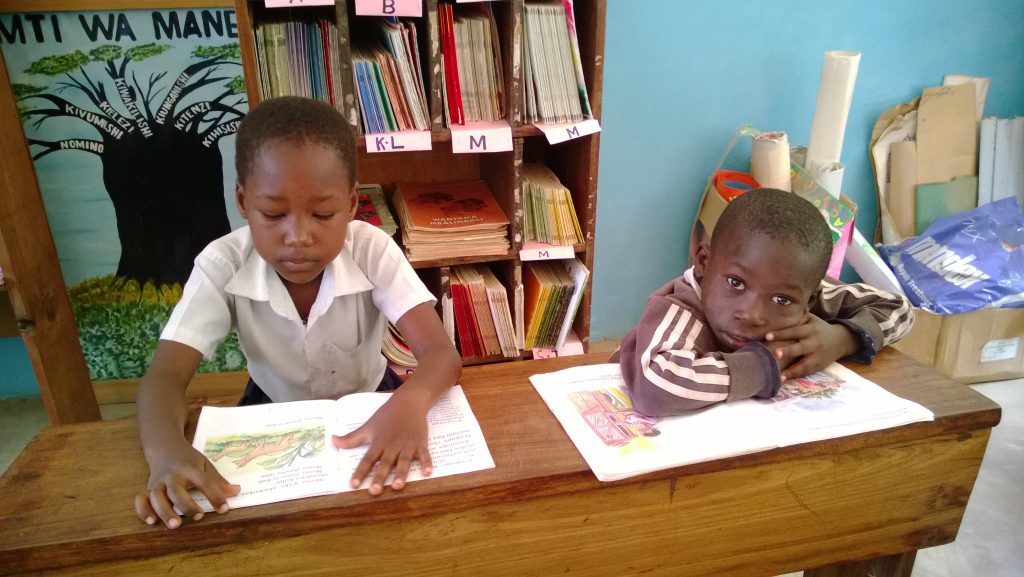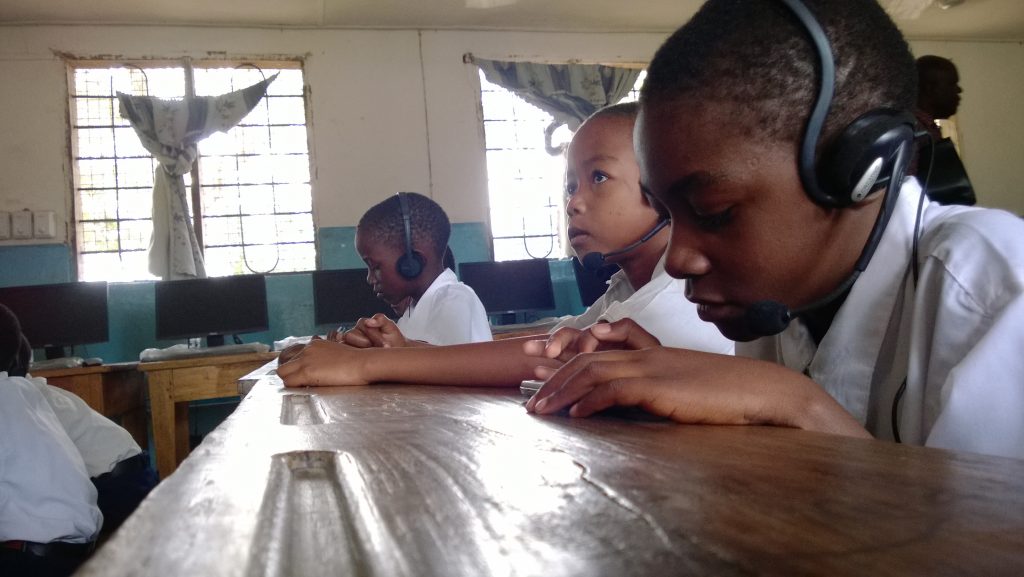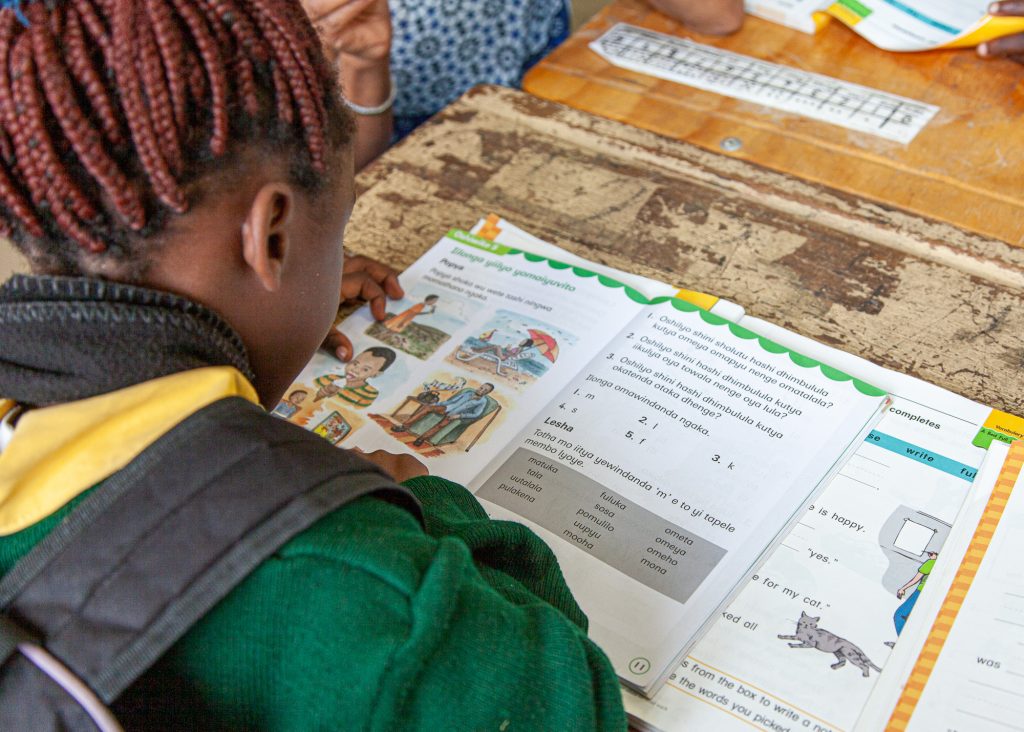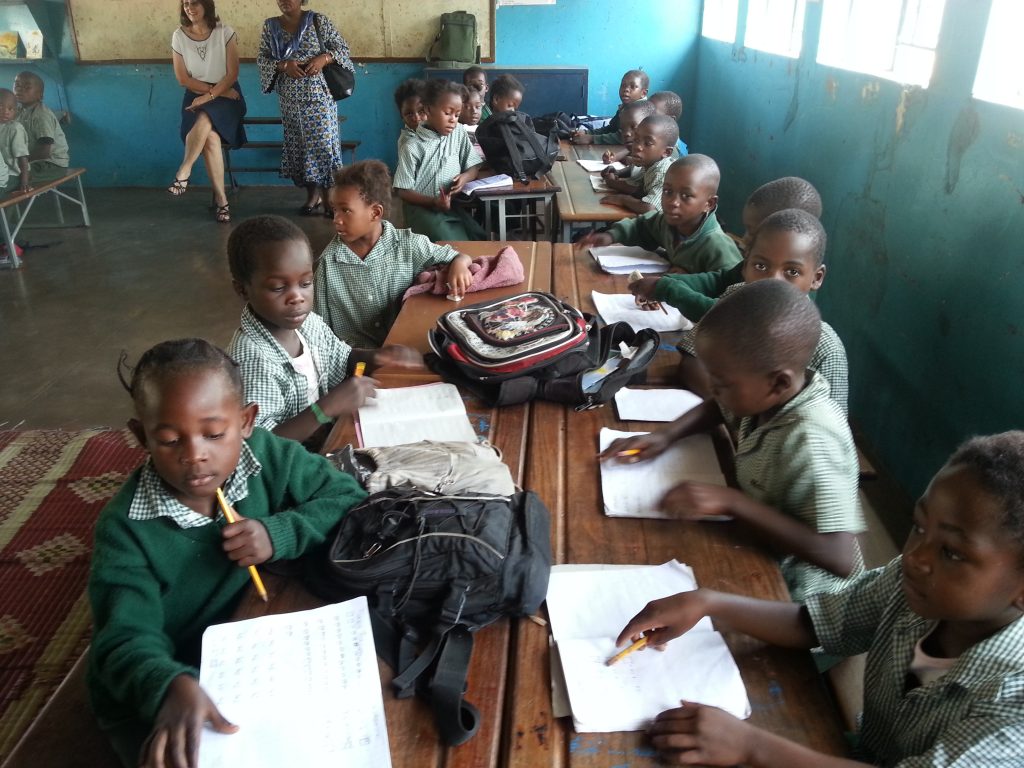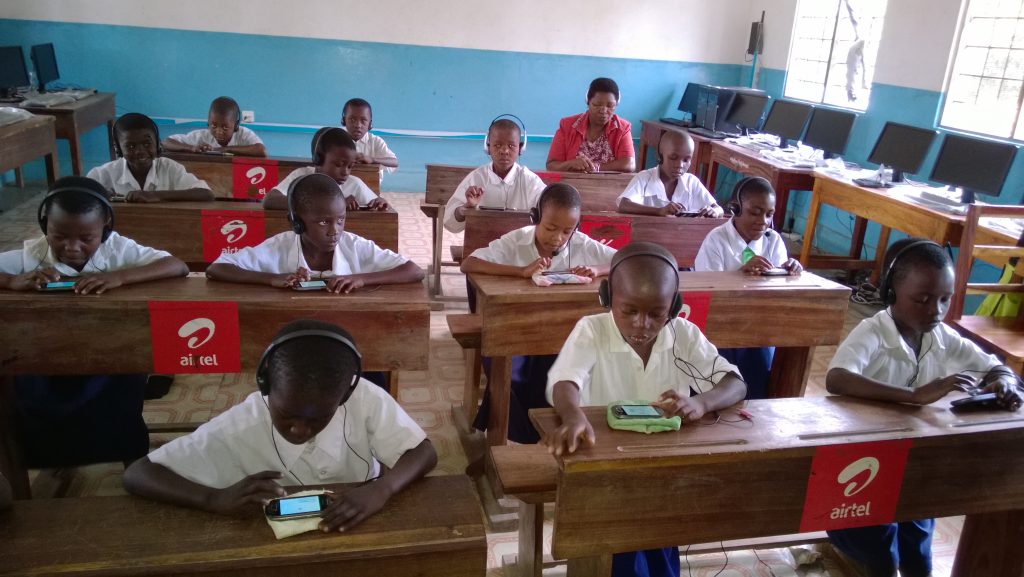Literacy in multilinguistic context
Multilingual Competence is also known as multicompetence, which refers to the complex, flexible, integrative, and adaptable behaviour that multilingual individuals display. A multilingually competent person can speak three or more languages and convey information in these languages appropriately. Multilingual competence, therefore, is the system of linguistic knowledge, understanding the mechanisms of functioning of language and algorithms of speech actions, good command in metacognitive strategies, and developed cognitive ability.


